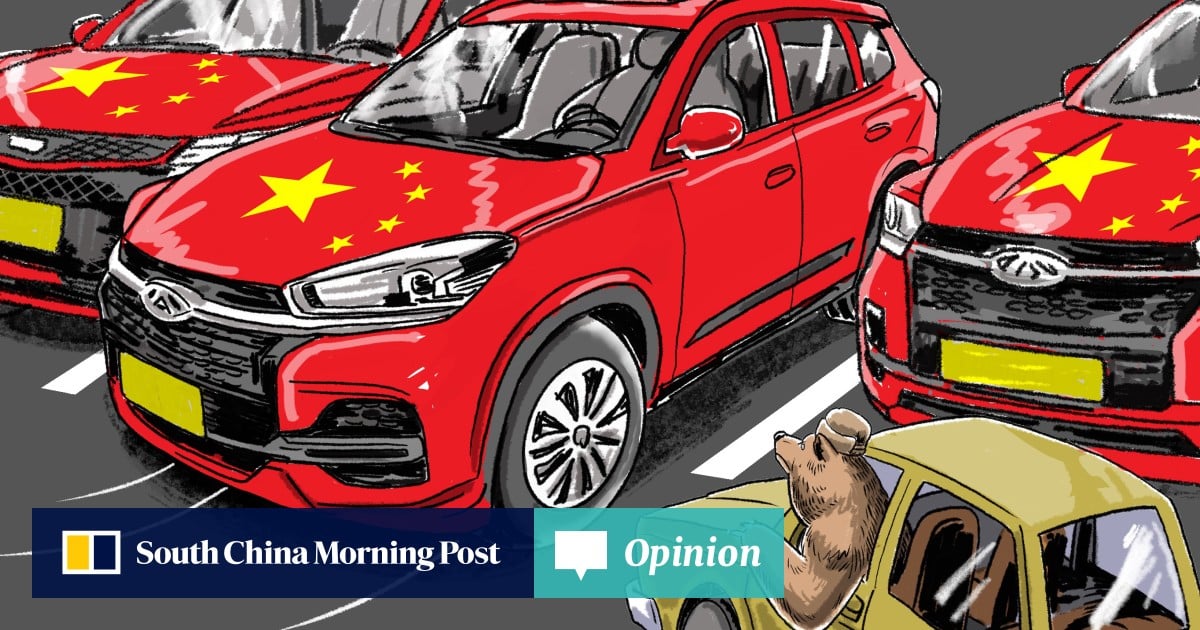Before Donald Trump’s re-election as US president, there was broad uncertainty over how he might approach China and how the Chinese might respond. Two months in, the picture remains just as murky.
Initially, it appeared there was a consensus that Trump could continue and perhaps even ramp up his predecessor Joe Biden’s policies of competition against China, essentially a continuation of Trump’s own policies from his first term. Conversely, Harvard professor Graham Allison noted that Trump had uniquely praised China on the campaign trail. Allison suggested Trump genuinely wanted to improve bilateral ties.
Since then, it seems Allison has been vindicated. Trump’s relative pivot away from defending Ukraine has forced some to consider the possibility of a similar scenario befalling Taiwan.
Meanwhile, he has given TikTok a lifeline, defunded programmes that Beijing has criticised as instruments of colour revolutions and identified China as a potential diplomatic partner.
However, Trump has also slapped a 20 per cent tariff on Chinese goods, prompting countermeasures from Beijing. China has also declared it is ready for “any type of war”. Trump merely brushed aside those comments, however, insisting he has a “very good relationship” with President Xi Jinping.
During a phone call with Xi before his inauguration, Trump raised issues such as trade, fentanyl and TikTok. Xi expressed opposition to “confrontation and conflict” and advocated for “mutual respect, peaceful coexistence and win-win cooperation”. While Trump claims to have spoken to Xi since taking office, the administration has shared no details of the alleged conversation. There has been no confirmation from Beijing, either.

 By South China Morning Post | Created at 2025-03-30 12:41:26 | Updated at 2025-04-01 12:58:52
2 days ago
By South China Morning Post | Created at 2025-03-30 12:41:26 | Updated at 2025-04-01 12:58:52
2 days ago








